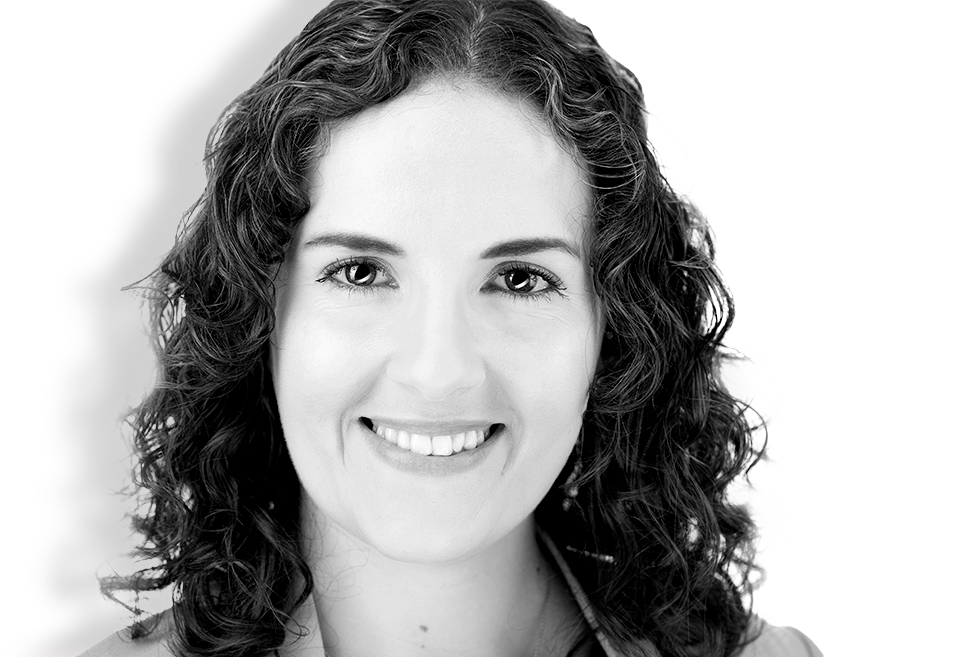There’s a lot to be done before you send out your CV. In this article, we help you lay a strong foundation for a successful career search.
There’s a big difference between job-hunting and career planning. The former is essentially a numbers game – send your CV to a sufficient number of would-be employers and you will likely secure an interview.
Career planning, on the other hand, is finding that one potential employer who will help you develop both personally and professionally, and move you closer to your ultimate career goal. Finding this employer, securing an interview and then impressing her or him enough to secure the role takes a lot of advance planning – most of which should be done long before the search begins.
So, whether you’re in your training contract or working happily with your current employer in a post-qualified role, work on the following career projects even if you don’t envisage a career move in the near future.
Set Expectations
We live in a world of increasingly high expectations. Whether it’s parents “encouraging” their kids to achieve a certain academic standard, or friends sharing their “perfect” lives on social media, there’s unprecedented pressure on people nowadays to “achieve” in all aspects of life.
However, success means different things for different people and as you start out in your career, it’s vital that you set your own expectations and work hard to exceed them. If you choose roles that challenge your talents and strength and push you just outside your comfort zone, you will continually grow and improve. The key is to define your own career path and pursue it with passion and enthusiasm.
The best time to build alliances is when you don’t need them. Too often, people seek guidance, or help, without giving any in advance which could lead people to perceive you as being more of a taker than a giver. As a young accounting professional, you should attend industry events, engage with colleagues, and leverage the knowledge and experience of recruitment consultants and mentors. Use these encounters to offer something to the people you meet – make an introduction or share an interesting article, for example – as doing something small now will increase the likelihood of that person doing you an even greater favour in return in the future, even if they didn’t ask for help in the first place. This is the fundamental principle of reciprocity, something all professionals should understand and practise.
Build Your Personal Brand
LinkedIn has become the standard for accounting professionals in pitching their talents, skills and expertise. The CV remains a fundamental part of the job application process, but its digital cousin is often the first port of call for any would be employer. In fact, the internet in general is the hiring manager’s most used tool in researching individual candidates.
With that in mind, set about building your brand now. Lock down your personal social media accounts, such as Facebook and Instagram, and review all content on traditionally more open platforms such as X/Twitter to ensure your brand won’t be tarnished by a tweet from 2017.
Then, share career-related content to demonstrate your passion for your work and conduct an audit of your LinkedIn profile. It should be full of keywords, recommendations and activity that put you at the top of any recruiter’s, or hiring manager’s, list when they advertise a particular role.
Leverage LinkedIn
Use these tips to fine-tune your LinkedIn profile…
- Include all dates of employment and ensure that the content on LinkedIn validates the content on your CV and vice versa. Any anomalies or gaps will cast doubt on your authenticity.
- Include keywords that are relevant to the roles and companies you’re interested in. Doing so will give you the best chance to be discovered.
- Detail some of the key weekly tasks that best represent your current role and could be deemed relevant to the career opportunities you’re interested in.
- Adopt a suitable style and tone when completing your profile. Be professional, but let a little personality shine through as LinkedIn is often your first opportunity to make an impression.
- Connect with former and current colleagues, and join (and contribute to) groups relevant to your role and ambitions. This will help raise your profile within your professional community.
- And lastly, include a professional picture – this is one of the most basic pieces of LinkedIn etiquette and is certainly worth the investment.
Finishing your training contract in 2025? Do you want to make sure you make the very best first step after qualifying? Do you want a coffee meeting with an expert talent advisor; someone who is a qualified accountant, just like you (meet our Leinster team here>>> and our Munster team here>>>)? Do you want a little help to create your very own best financial future? No problem. Just drop us a line today on hello@barden.ie and we will take it from there. Simple.


 Jump Back
Jump Back

